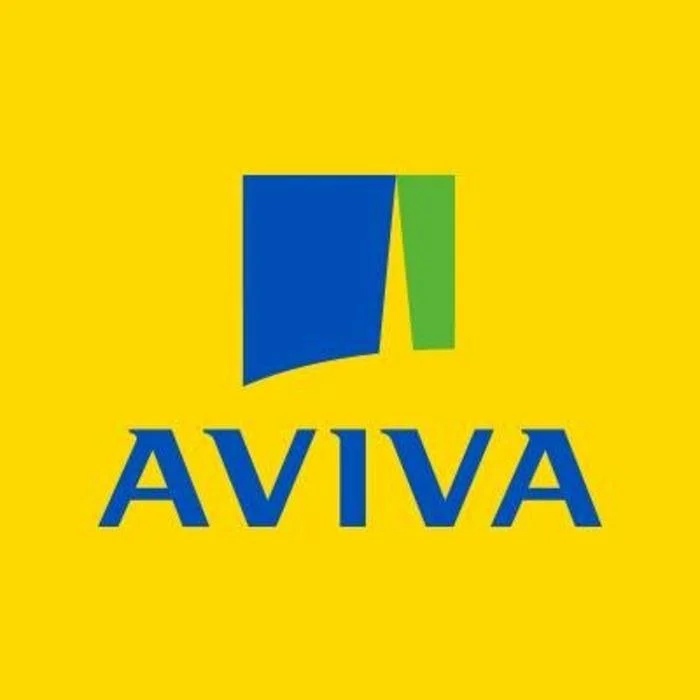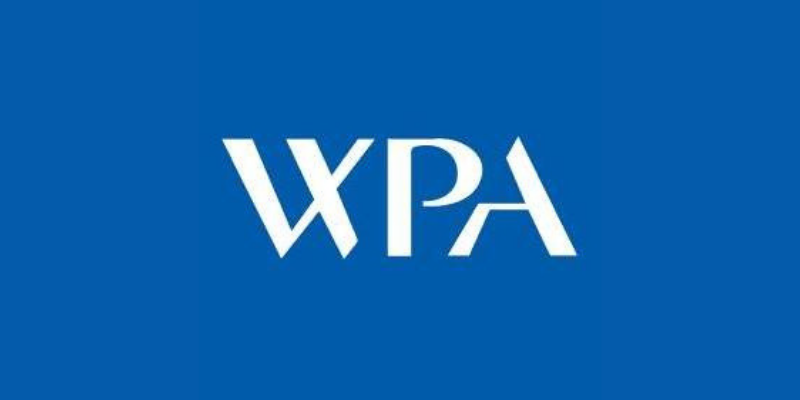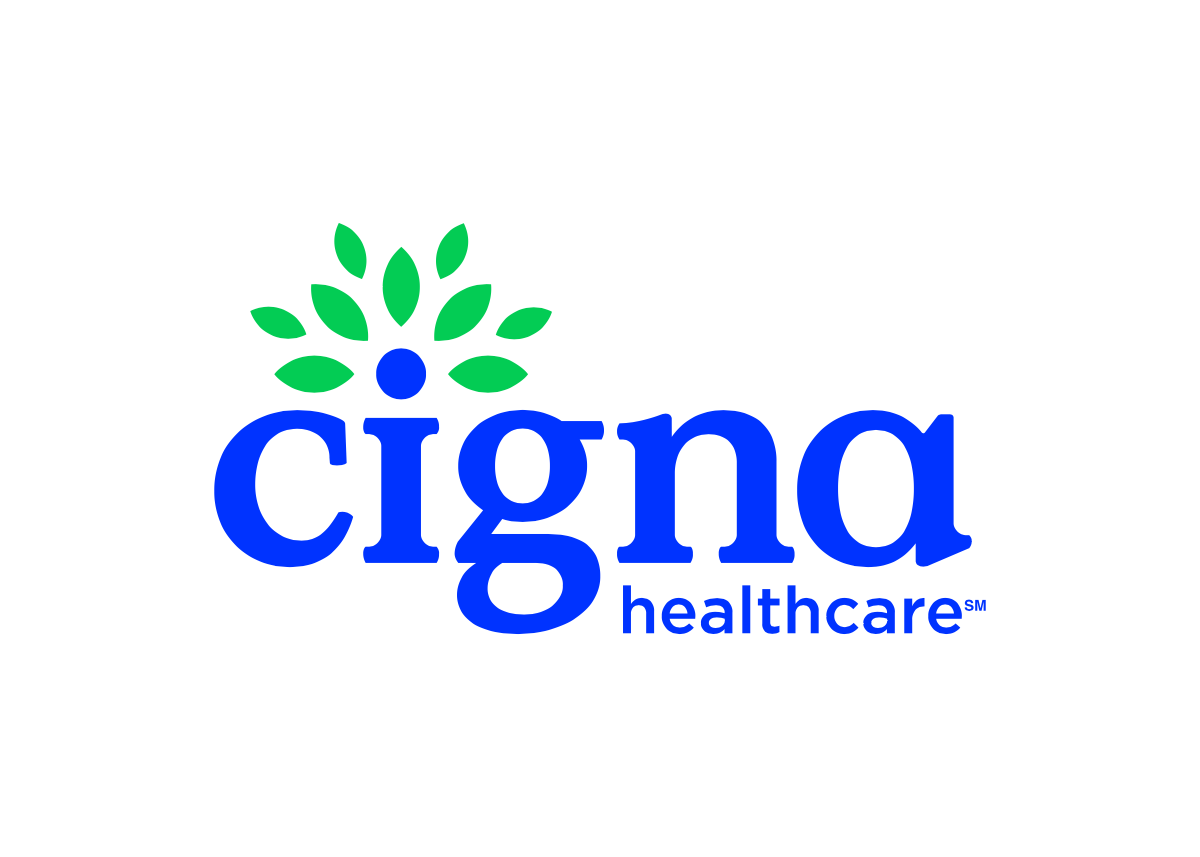Osteopathy for Headaches
Osteopathy for Headaches and Migraines: A Holistic Path to Relief
Headaches are among the most common health complaints worldwide, yet they are often misunderstood. While most people reach for painkillers, these only quiet the symptom, not the cause. At Wellthy Clinic, we look deeper. By combining osteopathy, cranial techniques, and holistic lifestyle guidance, we help clients identify and address the underlying causes of their headaches and migraines.
Understanding Headaches: More Than Just Pain
Did you know there are over 200 classified types of headaches according to the International Classification of Headache Disorders? The good news is that about 90% of them are tension-type headaches or migraines, both of which respond well to osteopathic treatment.
Headaches can arise from various systems in the body, including the musculoskeletal, vascular, hormonal, neurological, or gastrointestinal systems. By identifying which system is under strain, we can tailor treatment that provides both immediate relief and long-term prevention.
Tension-Type Headaches
A tension-type headache often feels like a tight band around your head or behind your eyes. The pain is usually mild to moderate, affecting both sides of the head, and can last from 30 minutes to several days.
These headaches are not typically accompanied by nausea, vomiting, or light sensitivity; instead, they are linked to muscle tension and stress. Common contributing factors include:
Poor posture or long hours at a desk
Neck and shoulder tightness
Emotional or psychological stress
Jaw clenching or teeth grinding (TMJ tension)
Dehydration or low blood sugar
Lack of restorative sleep
Reduced blood flow, low oxygenation, and muscle mitochondrial fatigue can amplify pain signals. In other words, your body’s resilience threshold drops when you are run down or dehydrated, and even minor stressors can trigger pain.
Osteopathic Treatment for Tension-Type Headaches
At Wellthy Clinic, your osteopath will first take a complete history to understand your headache pattern, posture, and lifestyle. During the assessment, we look for muscle tightness, joint restrictions, and trigger points in the neck, shoulders, and upper back that may be referring pain to the head.
Treatment includes:
Soft tissue release to ease muscular tension
Joint articulation to restore mobility
Myofascial and cranial techniques to calm the nervous system
Postural guidance and exercises to prevent recurrence
Because tension-type headaches often stem from cumulative strain, we also incorporate relaxation, stretching, and breathing techniques to lower stress and improve circulation.
Dehydration Headaches
Even mild dehydration can lead to headaches. When the body loses more fluid than it takes in, through sweating, illness, or inadequate intake, the brain temporarily shrinks, pulling away from the skull and triggering pain.
Typical dehydration headache symptoms include:
Dull, aching pain across the head
Fatigue, dizziness, or confusion
Thirst, dry mouth, and darker urine
Rehydration with water and electrolyte balance (including sodium, potassium, and magnesium) usually resolves these headaches quickly. Chronic dehydration, however, can contribute to recurring tension and fatigue, which osteopathy can help address by improving circulatory flow and neck mobility, reducing the muscular compression that limits oxygen and nutrient delivery to tissues.
Migraines: A Neurological Web
Migraines are more complex. They are neurological events, not simply vascular or muscular issues. It can involve a “pathophysiological web”, where inflammation, mitochondrial dysfunction, hormonal changes, and genetic susceptibility intersect.
In plain terms, the brain becomes hypersensitive. Nerves misfire easily, blood vessels react abnormally, and inflammation triggers the activation of pain receptors. Over time, repeated migraines can lead to changes in the brain's white matter, underscoring the need for prevention, not just symptom relief.
Migraine Triggers Often Include:
Hormonal fluctuations (menstrual or perimenopausal)
Lack of sleep
Stress or emotional tension
Gut inflammation or food sensitivities
Skipping meals (hypoglycaemia)
Dehydration
Sensory overload (light, noise, odours)
Migraines can last anywhere from 4 to 72 hours and often accompany nausea, visual disturbances (also known as an aura), and sensitivity to light or sound.
Osteopathy for Migraine Relief
Osteopathic care doesn’t “cure” the neurological mechanism of migraine, but it can:
Release neck and jaw tension that contributes to trigeminal nerve irritation
Improve cranial circulation, venous drainage and lymphatic flow
Support the autonomic nervous system through gentle cranial work
Address postural imbalances that perpetuate strain
Provide lifestyle and nutritional advice to identify and reduce triggers
By calming overactive pain pathways and improving body alignment, clients often find that both the frequency and intensity of migraines decrease.
The Allostatic Load: Why Headaches Keep Returning
Many clients tell us their headaches “just come back.” This is where the concept of allostatic load becomes essential. It refers to the cumulative stress the body endures, from physical strain, emotional tension, poor sleep, hormonal changes, or gut inflammation.
When your body crosses its “dysfunction threshold,” even small triggers can produce outsized pain. Osteopathy, combined with nutrition and mindful movement, helps restore your resilience, allowing the threshold to rise again, meaning fewer and milder headaches.
Nutrition and Lifestyle Support
Your diet and daily habits play a crucial role in preventing headaches. At Wellthy Clinic, we combine osteopathic care with nutritional therapy to reduce inflammation and improve energy metabolism.
Tips we often share with clients include:
Stay hydrated throughout the day
Eat balanced meals with protein, healthy fats, and fibre to stabilise blood sugar
Avoid excess caffeine and alcohol
Support mitochondrial health with food rich in B vitamins, magnesium, and omega-3s
Manage stress with breathing, meditation, or gentle Pilates sessions
Red Flags: When to Seek Medical Help
Most headaches are benign, but it’s important to recognise warning signs that require medical evaluation. The SSNOOP mnemonic is a helpful reminder:
Systemic symptoms (fever, weight loss)
Systemic disease (cancer, immune disorders)
Neurological signs (confusion, weakness, vision loss)
Onset sudden (“thunderclap” headache)
Onset after age 40
Previous pattern change (first, worst, or different headache)
If any of these apply, please seek immediate medical advice before you pursue manual therapy.
Why Choose Wellthy Clinic?
At Wellthy Clinic, we take an integrated, whole-person approach. We don’t just treat pain, we help you understand your body. Whether your headaches stem from muscle tension, hormonal changes, gut issues, or postural strain, our osteopaths tailor each treatment to your specific needs.
Our team combines expertise in osteopathy, cranial therapy, nutrition, and Pilates to help you restore alignment, reduce inflammation, and build resilience against future flare-ups.
Healing starts with understanding, and we are here to guide you through that process, one step (and one breath) at a time.
If you have been living with headaches or migraines, book a consultation today.
Discover how an integrated approach can help you move beyond pain and back into balance.
Frequently Asked Questions
Can an osteopath help headaches? Yes, osteopaths can help relieve tension-type and cervicogenic headaches by improving posture, reducing muscle tension, and releasing neck and upper back restrictions. They also consider lifestyle and stress factors that may contribute to headaches.
Can osteopaths do anything for headaches? Osteopaths use gentle manual techniques to release tension, improve blood flow, and support the nervous system, which can significantly ease certain headaches.
What conditions does an osteopath treat? Osteopaths treat musculoskeletal pain, headaches, jaw dysfunction (TMJ), postural issues, and stress-related tension, among others.
Should I see an osteopath or chiropractor? An osteopath might be a better fit if you prefer a holistic and often gentler approach that includes lifestyle advice and cranial techniques.
Is osteopathy better than physio for headaches? Osteopathy and physiotherapy can help; osteopathy tends to focus more on whole-body connections and cranial techniques, while physio may emphasise rehabilitation and targeted exercises.
Can an osteopath help with migraines? While osteopaths don’t treat the root neurological cause of migraines, they can reduce musculoskeletal triggers and improve overall resilience to migraine episodes.
What massage point is best for headaches? Osteopaths often release tension in the suboccipital muscles at the base of the skull, which are commonly involved in tension headaches.
What is the best way to cure headaches? The most effective long-term approach is to identify and address the root cause, which could be muscular tension, poor posture, stress, or lifestyle. Osteopathy supports this by relieving physical strain and improving alignment.
Why am I getting headaches every day all of a sudden? Daily headaches can be triggered by tension, stress, screen use, poor posture, or jaw clenching; an osteopath can assess and treat physical contributors.
What is the best self-help for tension headaches? Regular movement, neck stretches, hydration, and managing stress are helpful; osteopaths can show you personalised strategies to maintain these at home.
Can fascia cause headaches? Yes, restrictions in the fascial system can contribute to headaches, especially around the neck and scalp; osteopaths often release these through gentle, hands-on techniques.
How do you release a tension knot? Osteopaths use soft tissue release, muscle energy techniques, and myofascial release to ease knots safely and effectively.
References
Linde K, Allais G, Brinkhaus B, Fei Y, Mehring M, Shin BC, Vickers A, White AR. Acupuncture for the prevention of tension-type headache. Cochrane Database of Systematic Reviews 2016, Issue 4. Available at: https://papas.cochrane.org/our-reviews/reviews-topic/headache-and-migraine
NICE National Institute of Health and Care Excellance Headaches in over 12s: diagnosis and management Clinical guideline [CG150] Available at: https://www.nice.org.uk/guidance/cg150/chapter/Recommendations#diagnosis
NHS Headaches (2020) available at https://www.nhs.uk/conditions/headaches/
Matthew Glithero
Matthew Glithero is an Osteopath (MOsT), Cranial Osteopath, Pilates instructor with a background in Sports Science (BSc).








